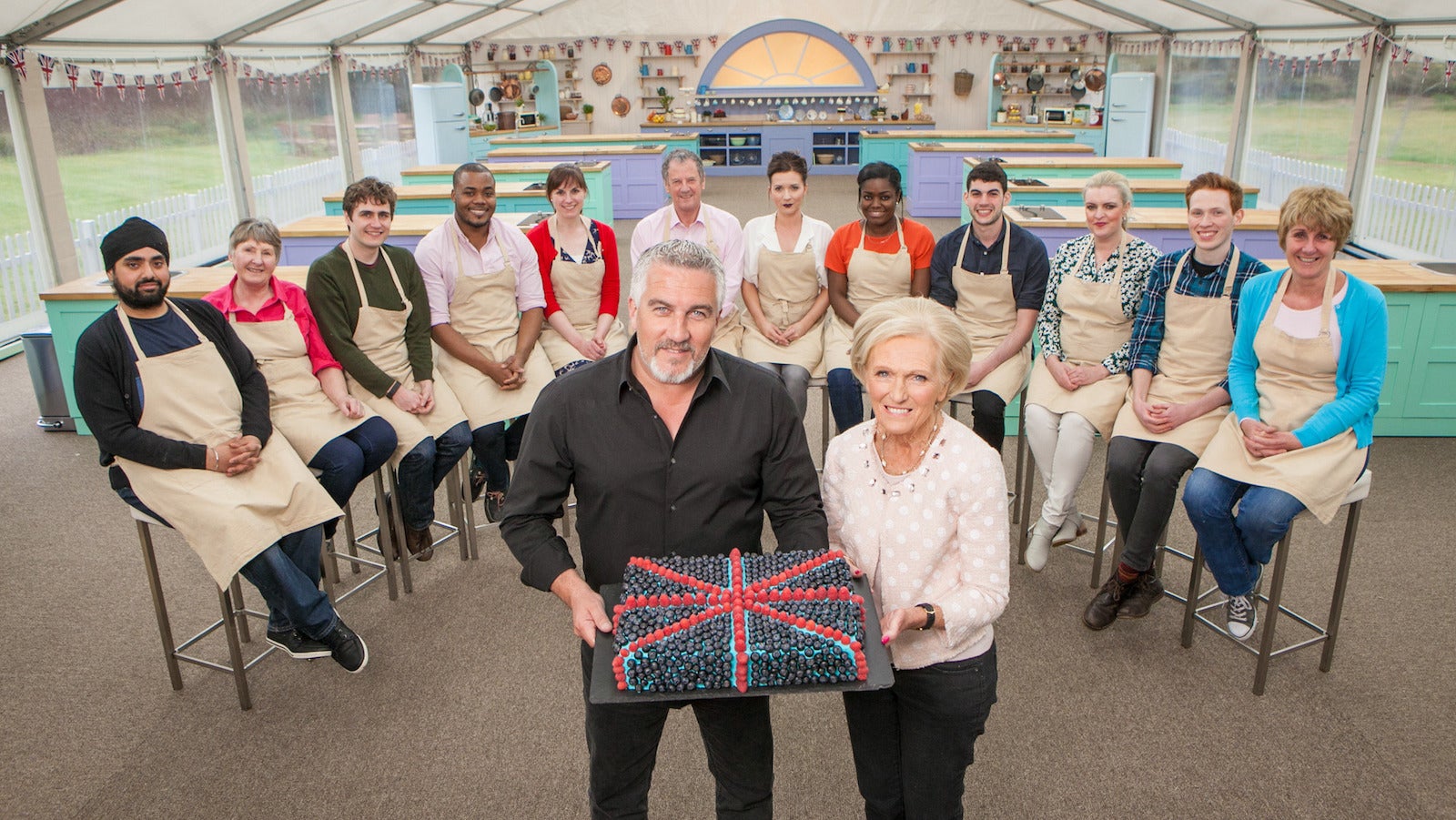First Brexit, now this? Blame the British government for the Great British Bake Off sale
It is entirely predictable that the major British media controversy of the year so far—at least measured by the number of front page stories it has generated—is not about the government’s squeeze on the BBC or its attempt to privatise Channel 4. Nor is it about the press’s rampant xenophobia or the BBC’s “constipated” coverage of the EU referendum.


It is entirely predictable that the major British media controversy of the year so far—at least measured by the number of front page stories it has generated—is not about the government’s squeeze on the BBC or its attempt to privatise Channel 4. Nor is it about the press’s rampant xenophobia or the BBC’s “constipated” coverage of the EU referendum.
No, the big media story is that Auntie has lost the rights to a show about baking, albeit one that happens to be the most popular programme on television, “a fully fledged cultural phenomenon,” and a significant marker of contemporary British national identity.
But given that The Great British Bake Off is not actually disappearing off our screens but simply moving to Channel 4, an obituary is not necessary. Instead, we need an analysis of how it came to be that the BBC couldn’t afford to keep hold of its number one show. What does this tell us about the wider world of television?
Being ‘distinctive’
The first point to make is that the loss of Bake Off is a consequence of the government’s ongoing strategy to diminish the BBC in relation to its commercial rivals.
This takes both ideological and financial forms. The government’s white paper earlier this year warned that the BBC’s scale was potentially undermining other players in the market. Due to this, it insisted that the BBC should not rely on populist formats, of which Strictly Come Dancing and Bake Off are the most obvious examples. Instead, it advised that the BBC ought to be more “distinctive”—a clear warning that it ought to focus more on programs that commercial providers choose not to make.
The government also saddled the BBC with the cost of paying for free licences for the over-75s, a policy that is set to cost the corporation hundreds of millions of pounds every year. Indeed, the last funding settlement agreed in 2015 will mean savings that amount to 23% of annual licence-fee revenue. This will massively restrict the BBC’s ability to compete in the television marketplace.
The BBC reacted to this much more challenging environment by threatening redundancies in its news division, shifting BBC3 online, and cutting back on some of its digital services, including recipes that might be of particular interest to Bake Off viewers. Given this, should it have swallowed hard and agreed to the four-fold increase that Love Productions, who produce Bake Off, were demanding, simply in order to keep hold of its premier show?
On the one hand, Bake Off is a classic example of public service broadcasting—it aims to unite the nation around a common pastime and highlights the multicultural face of Britain—and deserves its place in peak-time schedules. On the other hand, the BBC also needs to take risks and should be constantly renewing its offer and developing new ideas. In this context, throwing 25 million pounds a year at a single brand is not necessarily an imaginative use of public money.
Still public?
It’s certainly good news for Bake Off fans that it’s not moving behind a paywall. But given that Love Productions are 70% owned by BSkyB, this is presumably less of an ideological commitment to public service broadcasting than a commercial decision. After all, it will be more able fully to exploit its income-generating possibilities by remaining with a free-to-air broadcaster. Think of the various spin-offs that could be developed in a conjunction with a broadcaster that doesn’t face the financial inhibitions and regulatory demands placed on the BBC.
But wait: Bake Off has simply moved from one public service broadcaster to another, albeit the channel that is most dependent on and comfortable with the output of indie outfits like Love Productions. Channel 4’s willingness to invest heavily in the program reveals quite a lot about the way in which it now interprets its remit to provide “high quality and diverse” programming and to foster innovation and creativity.
Bake Off fits the bill in its celebration of multiculturalism, but it’s hardly a shining example of risk taking or experimentation. So Channel 4’s move is much more of a statement about the show’s compatability with lucrative formats. It really does make The Bandung File and Brass Eye, both genuinely innovative Channel 4 programmes, seem like a very long time ago. It’s also far from certain that, following its well-documented over-reliance on Big Brother some ten years ago, such a heavy investment in a single title is necessarily the right way to go for Channel 4.
What’s happened to Bake Off epitomizes the state of British television. For all the moments of inspiration and energy, our TV landscape remains obsessed with formulae and beholden to ratings. It is awash with subscription cash (from BSkyB and new entrants like Netflix and Amazon), even if public service broadcasters remain by far the biggest investors in original programming. It has a dynamic independent sector that is fantastic at developing formats with huge export potential, even if that sector is increasingly dominated by US corporations that gobble up the profits.
Television is a cultural form that remains highly influential and popular despite the attraction of other digital platforms. But it’s also one that is overwhelmingly cautious and all too reluctant to relate to the polarised nature of UK society. Once you’ve accepted this, you’ll hardly bat an eyelid to note that Bake Off, like so many other popular British institutions, has just been sold off to a higher bidder.